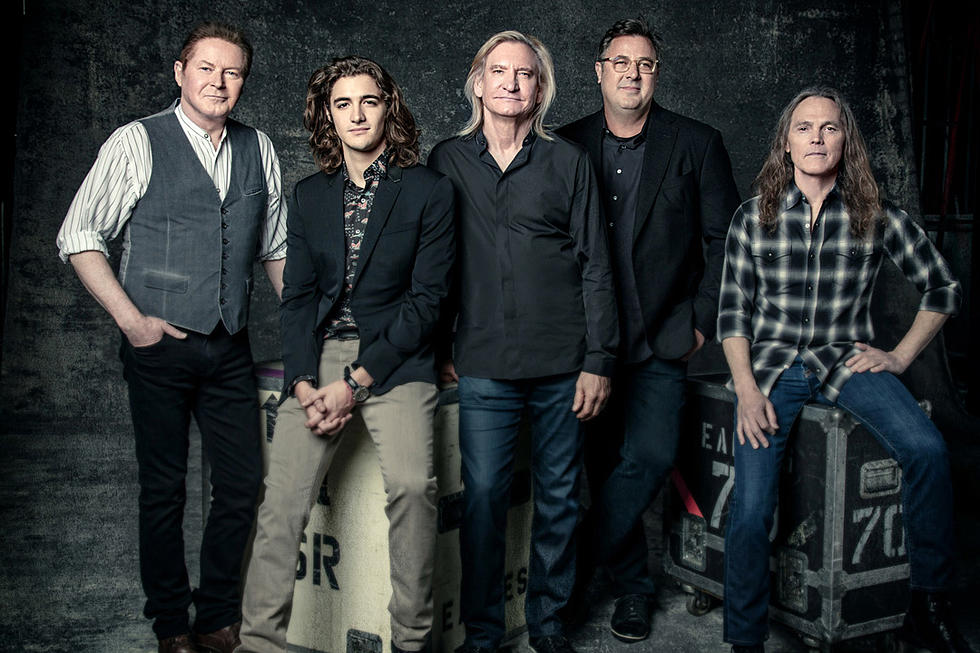
President Trump Announces U.S. Withdrawal From Paris Climate Accord
In a mid-afternoon Rose Garden speech, President Donald Trump announced that the United States will pull out of the Paris climate agreement reached in 2015, which set out to limit the world's carbon emissions and slow the pace of global warming.
"In order to fulfill my solemn duty to protect America and its citizens," the president read from a prepared speech, "the United States will withdraw from the Paris climate accord but begin negotiations to re-enter either the Paris accord or an entirely new transaction on terms that are fair to the United States, its businesses, its workers, its people, its taxpayers."
Trump had pledged to withdraw from the accord on the 2016 campaign trail, claiming that it disproportionately harmed the U.S. economy and workers while also being ineffective in achieving its goals. Today's announcement is the start of what will be a four-year process of withdrawal, according the the rules of the agreement, which would mean that the issue of climate change could play a major role in the 2020 election.
In the lead-up to the announcement, business leaders joined with environmentalists to urge Trump to stay in the agreement, but it appears a group of Trump advisors that includes Environmental Protection Agency head Scott Pruitt and chief strategist Stephen Bannon won out. It was a strongly nationalist speech, echoing Trump's favored "America first" policy approach.
"I was elected to represent the citizens of Pittsburgh, not Paris," Trump said.
In response, however, Pittsburgh's mayor, Ed Peduto, announced his city's intention to continue following the Paris protocols. "As the mayor of Pittsburgh, I can assure you that we will follow the guidelines of the Paris agreement for our people, our economy & future," Peduto wrote.
On a recent overseas trip, European heads of state and even Pope Francis tried to persuade Trump not to pull out of the deal, one of President Obama's signature diplomatic achievements. Obama himself issued a statement, a rare action for the former president: "The nations that remain in the Paris agreement will be the nations that reap the benefits in jobs and industries created. I believe the United States of America should be at the front of the pack."
The Paris agreement was joined by 195 countries, with only Syria and Nicaragua refusing (Nicaragua because it felt the agreement did not go far enough to combat climate change).
The four-year period from today until November 4, when the U.S. would officially be able to fully separate itself from the pact, could provide Trump a chance to decide to reverse his decision, if industry leaders and other countries are able to demonstrate that the costs of withdrawal are far higher for the U.S. than staying in. But that seems unlikely.
The 2020 presidential election will be held one day earlier, November 3, meaning the American people -- whose interests Trump said he was representing -- could make the decision for him.
More From KIX 105.7







![Show Us Your Silliest Vacation Photos! [Contest]](http://townsquare.media/site/466/files/2017/05/Silly-Vacation-Pic.jpg?w=980&q=75)

